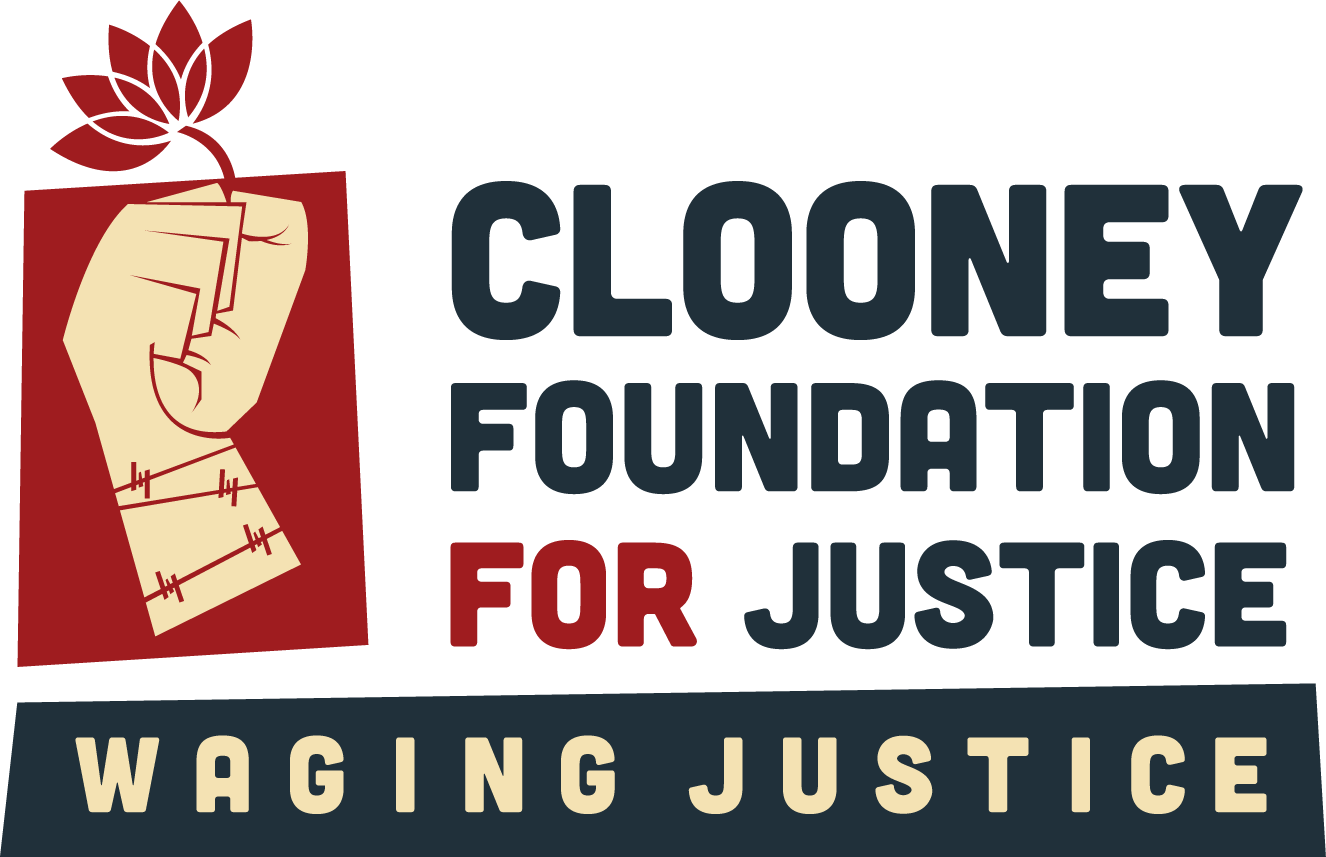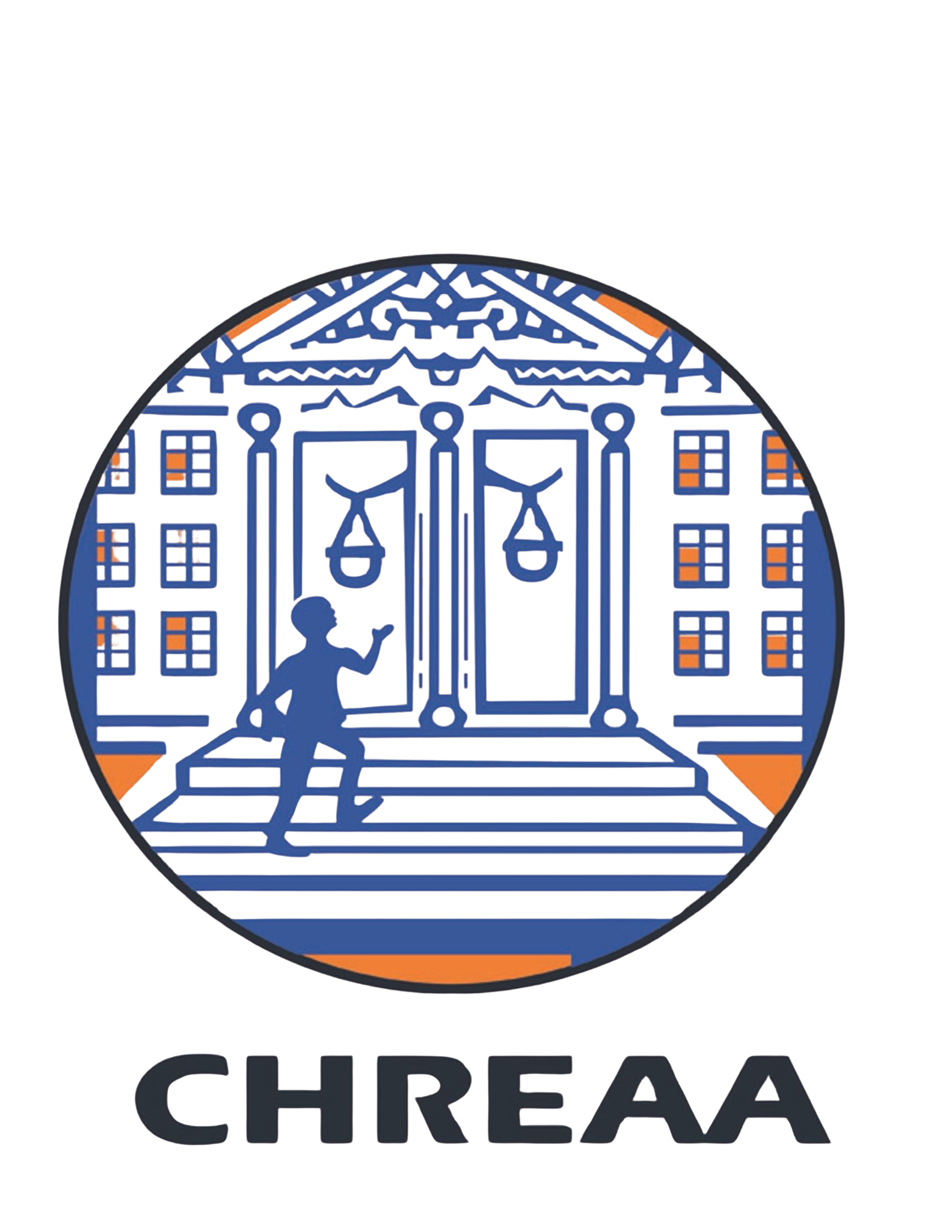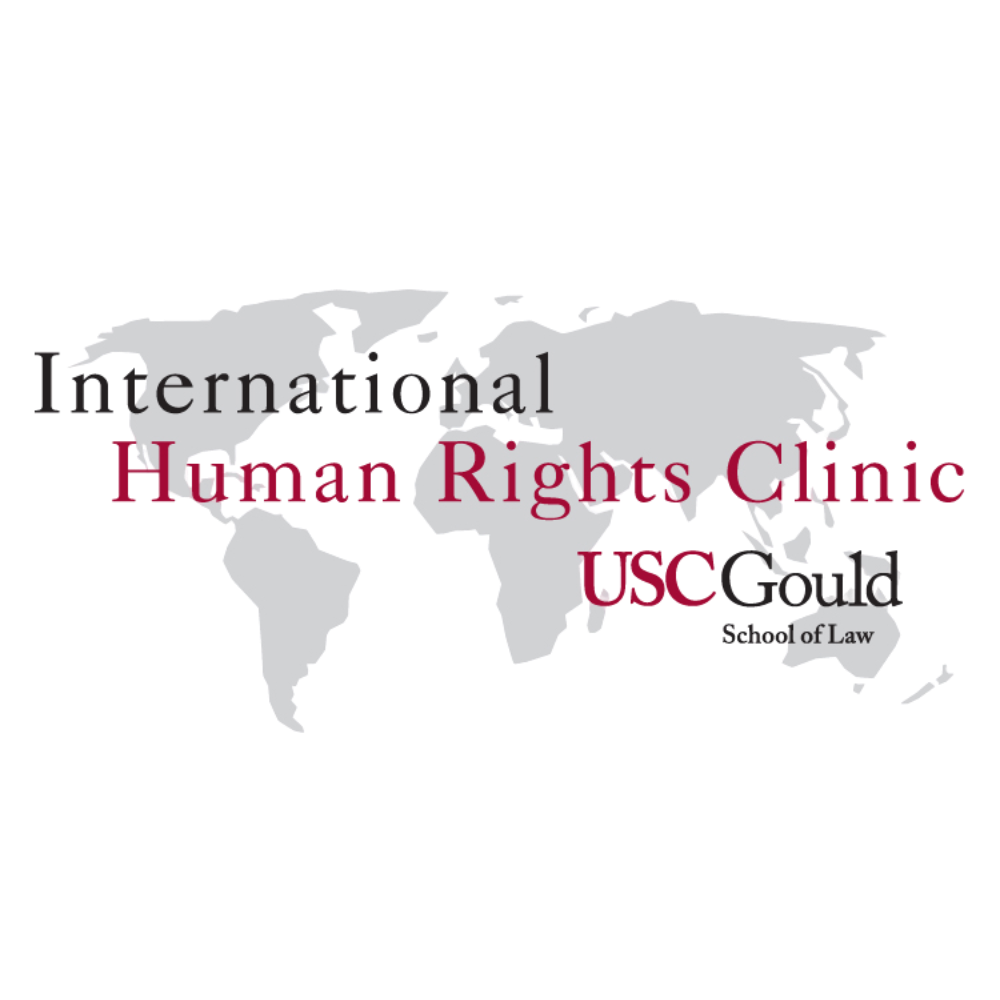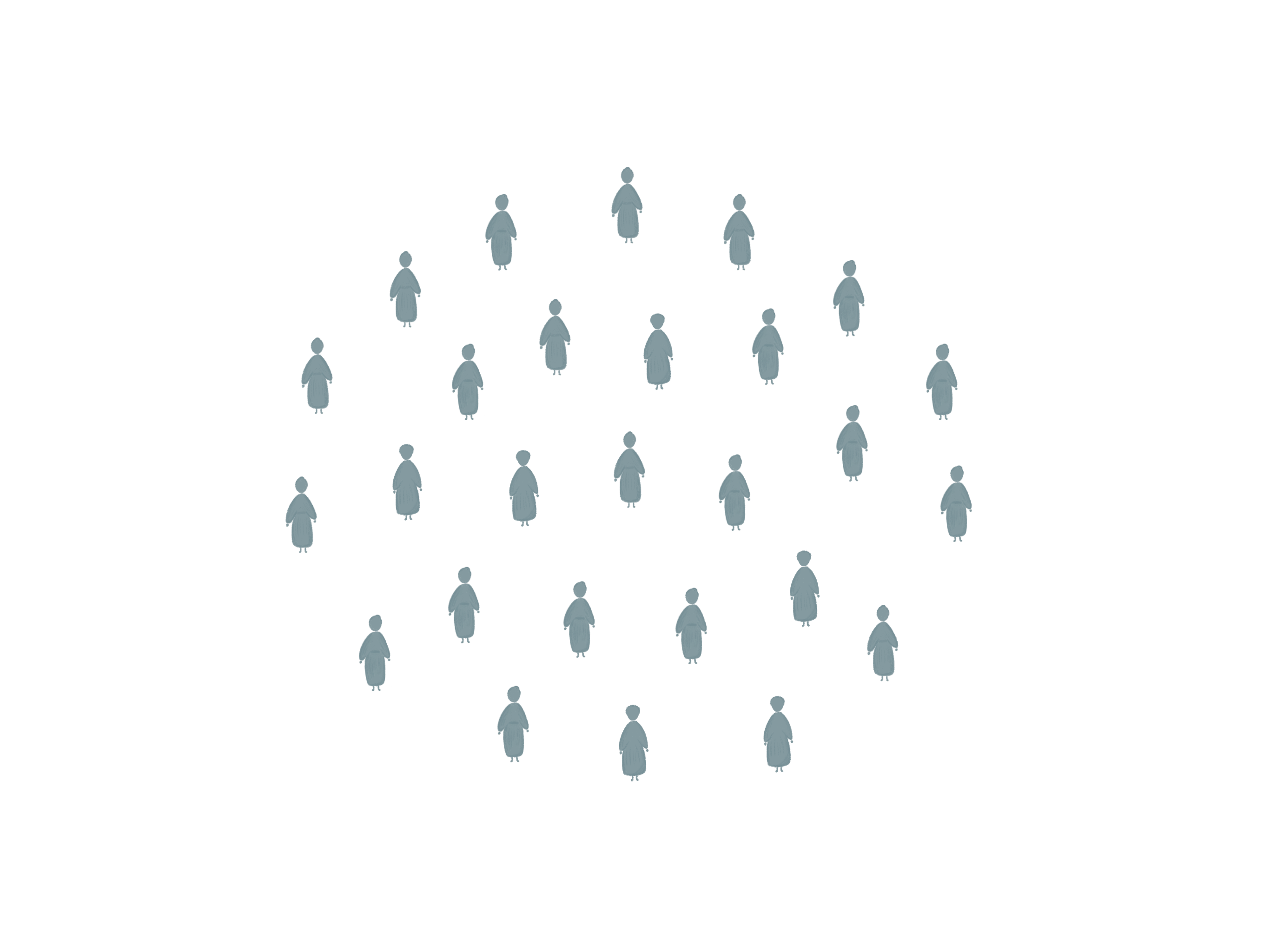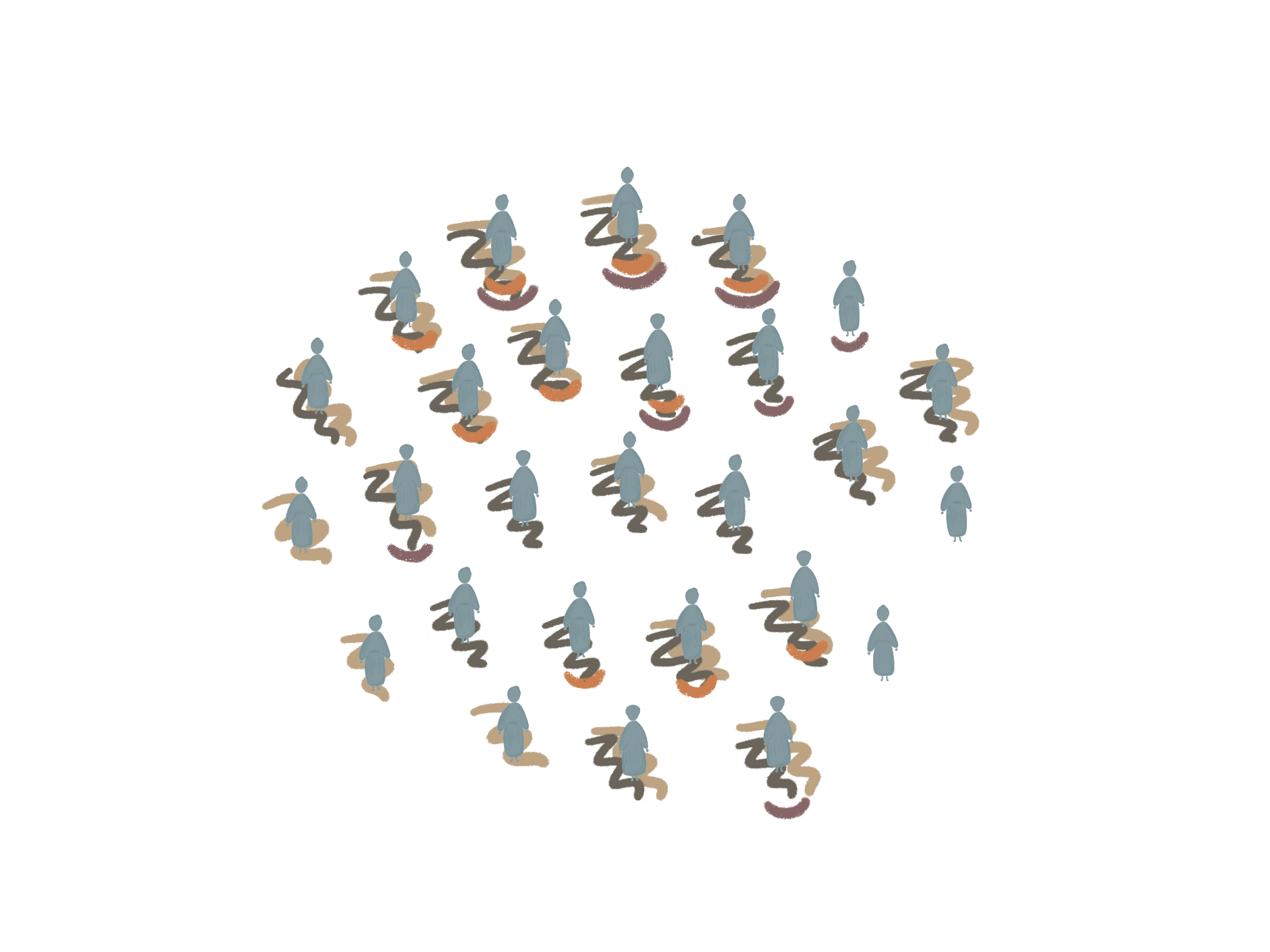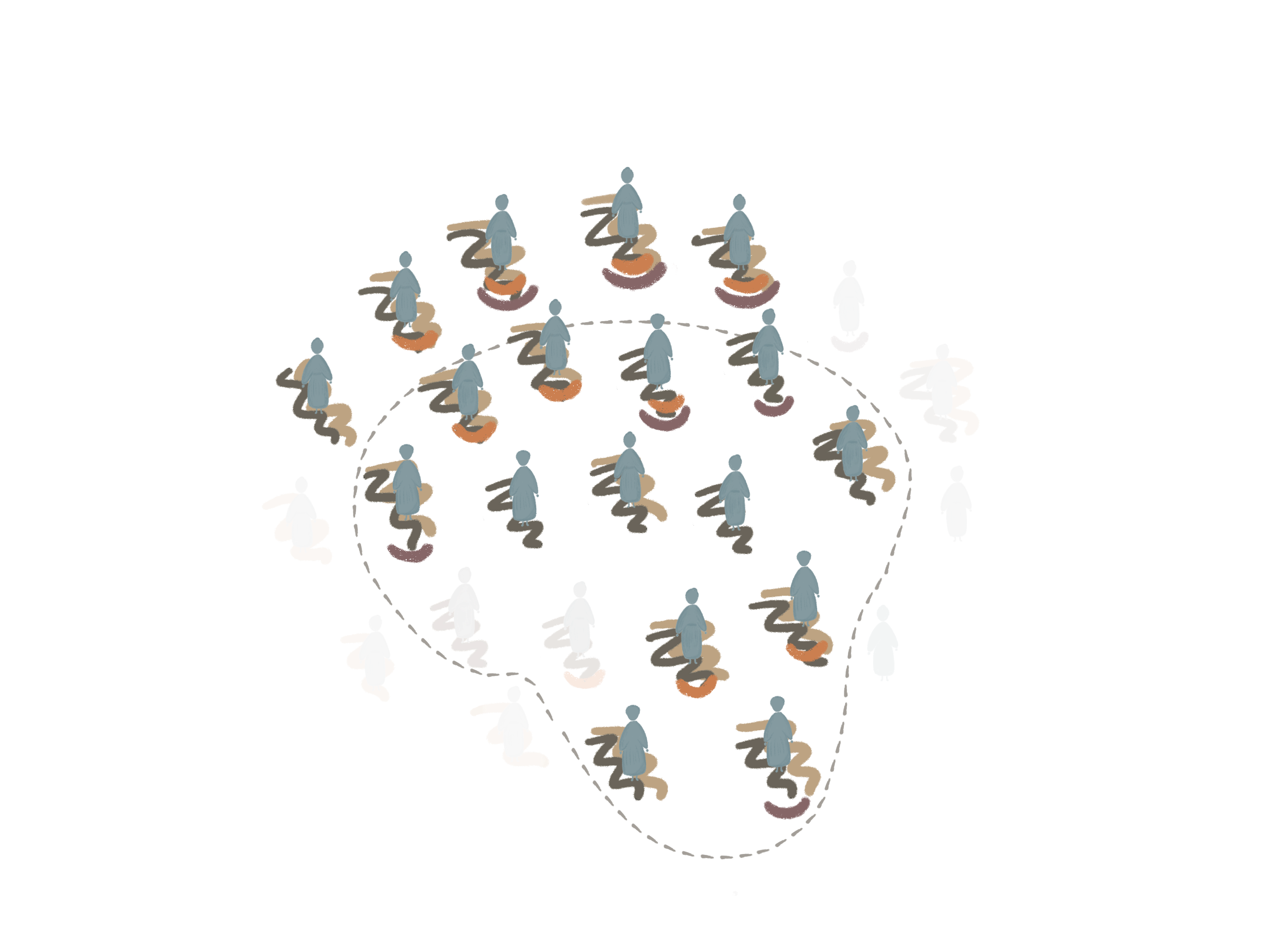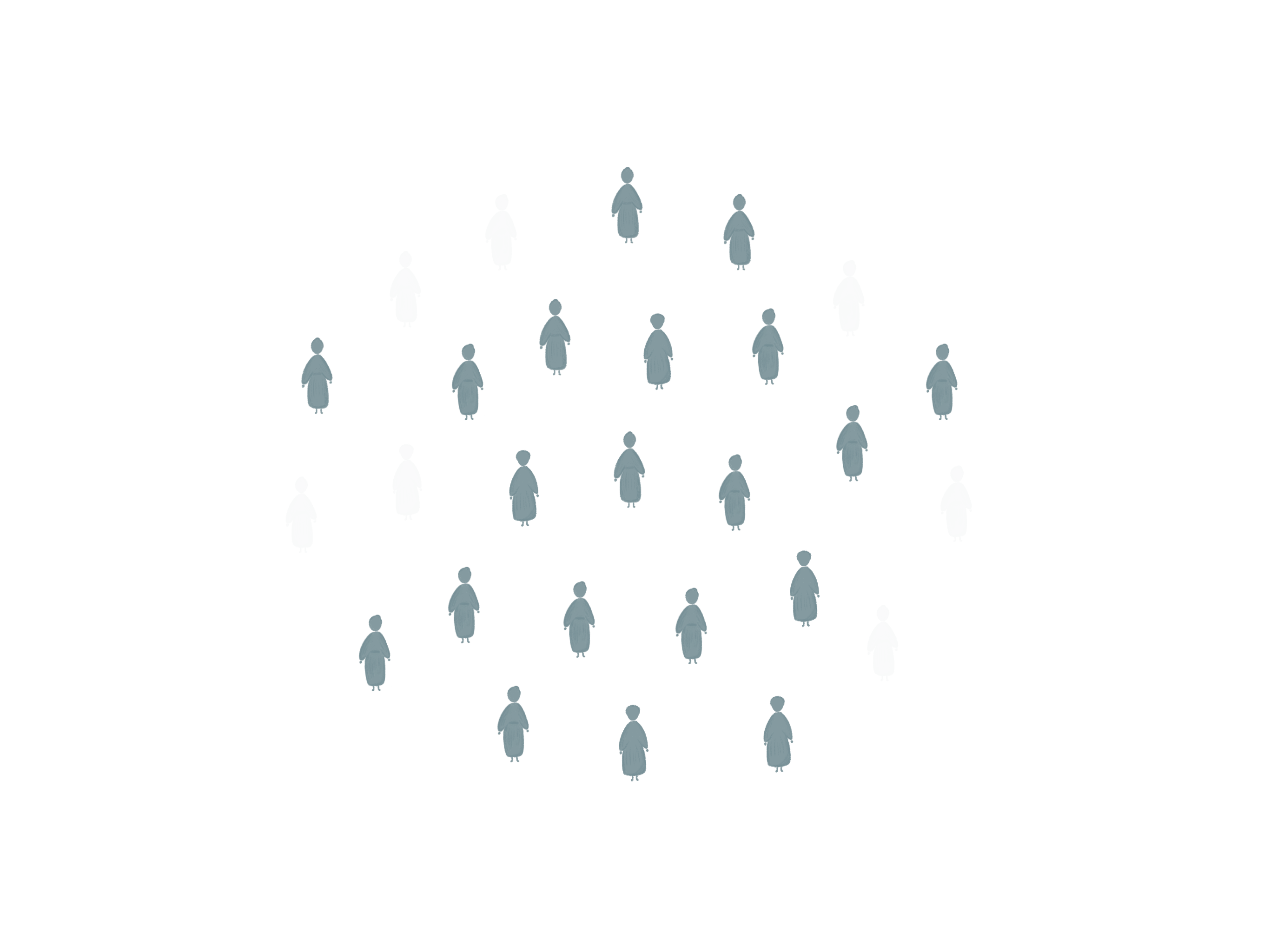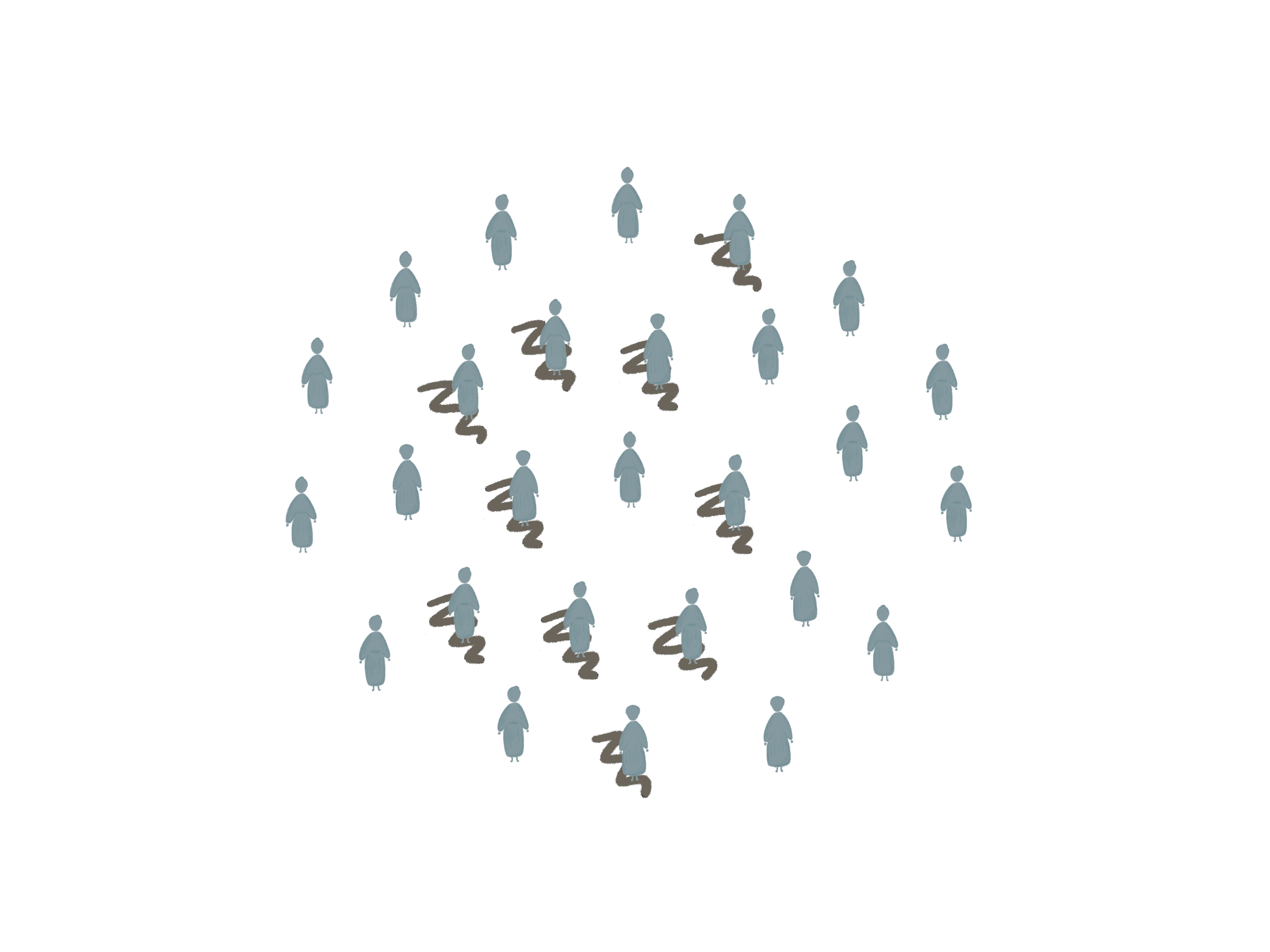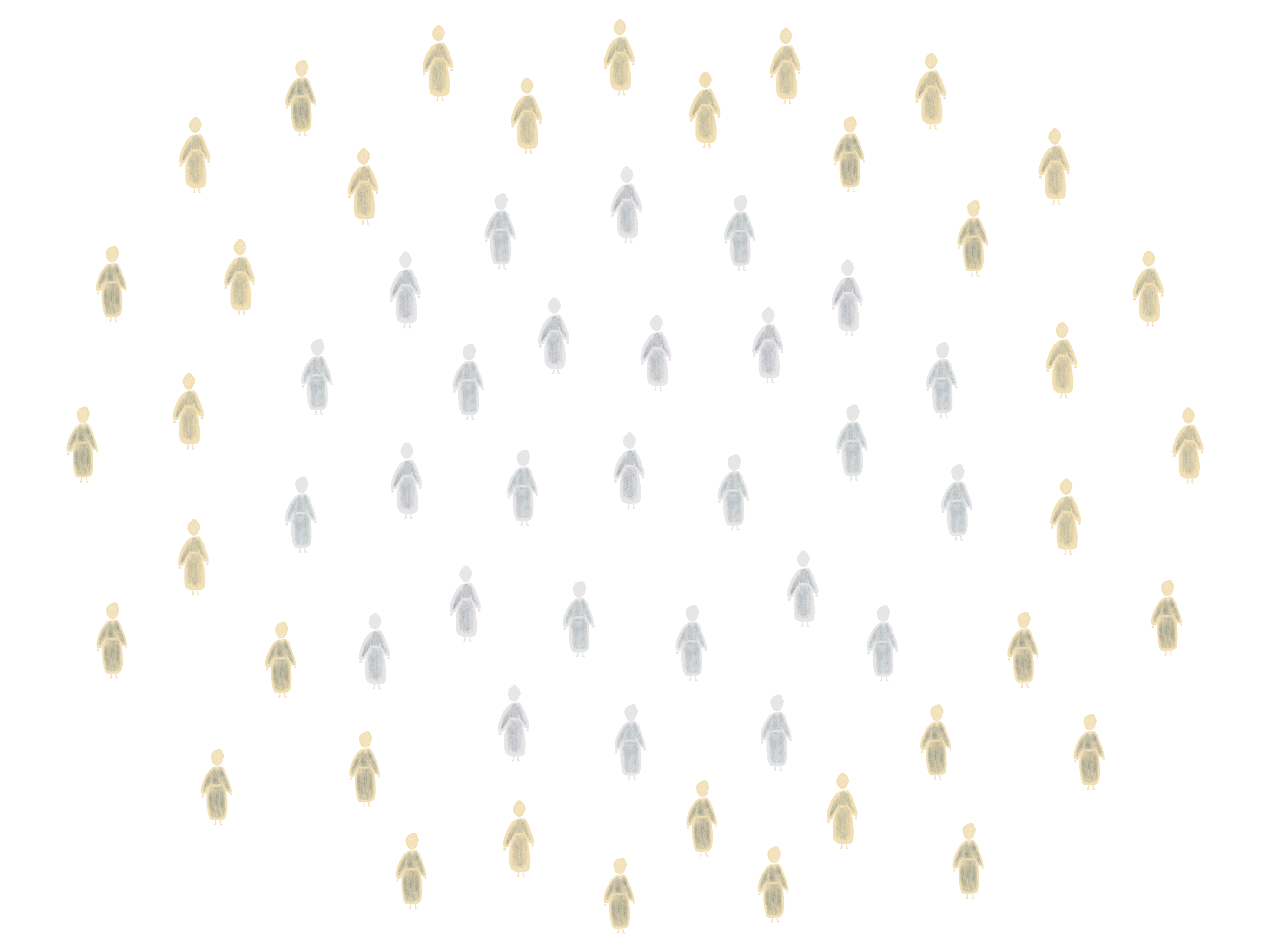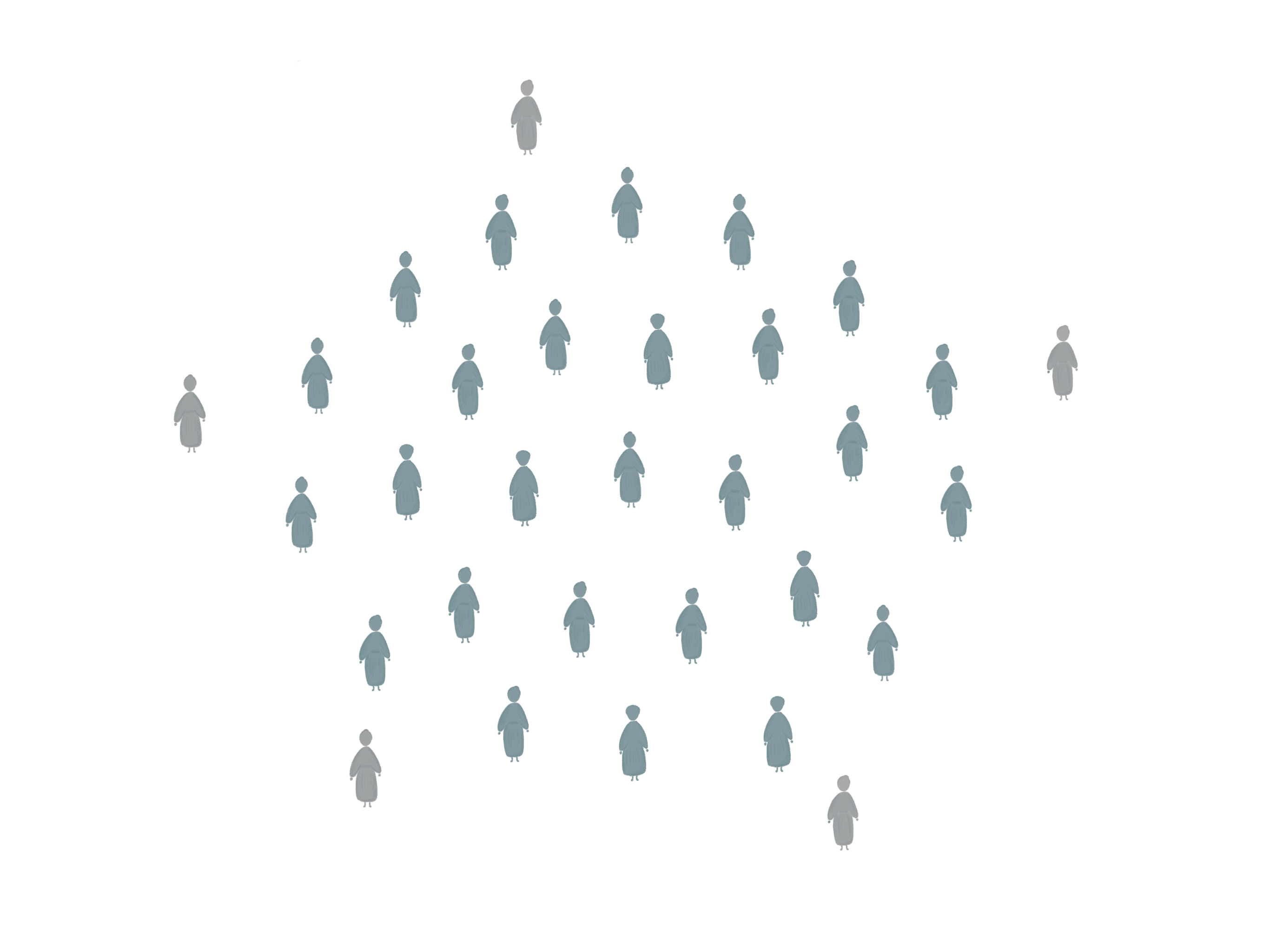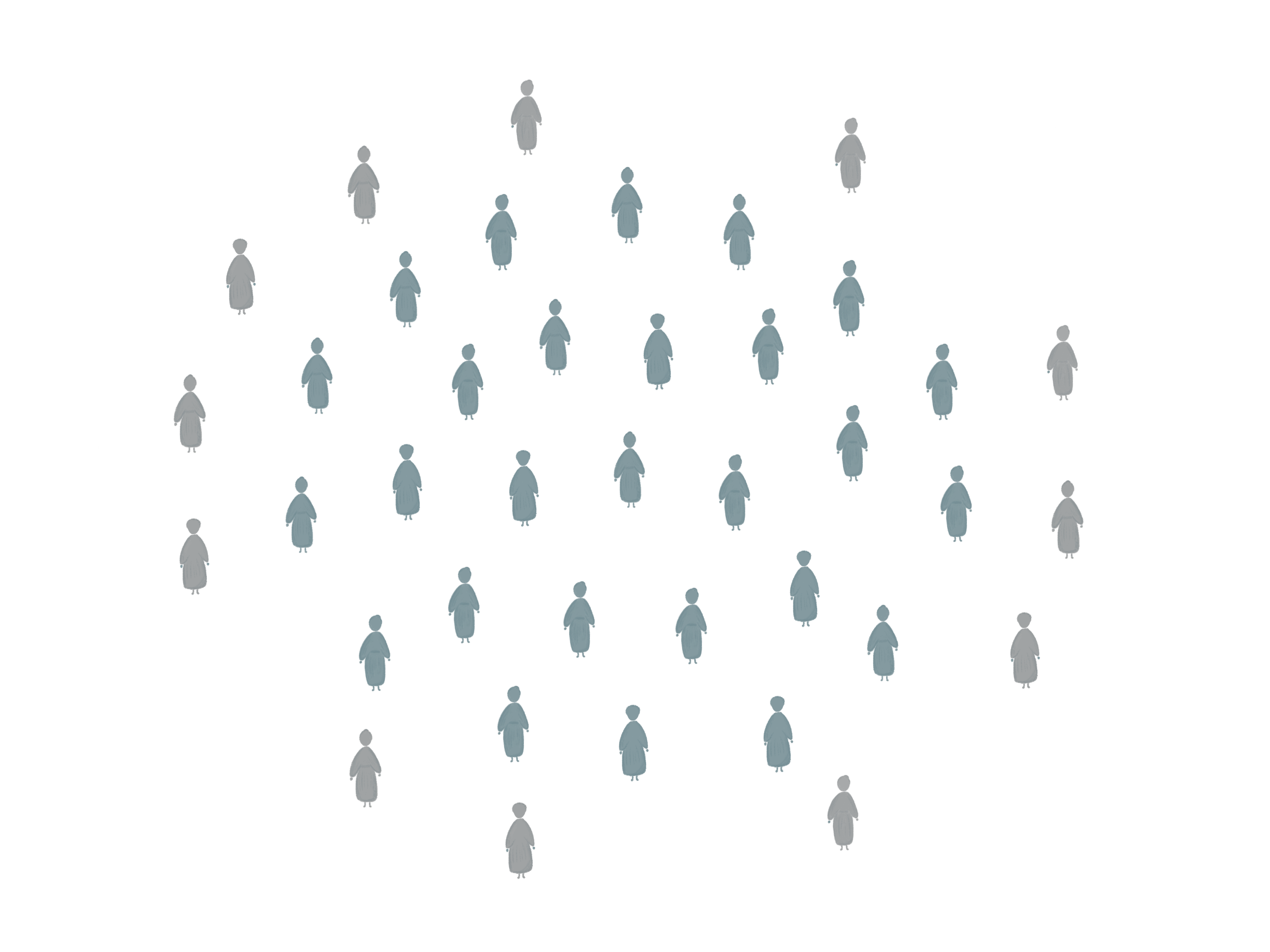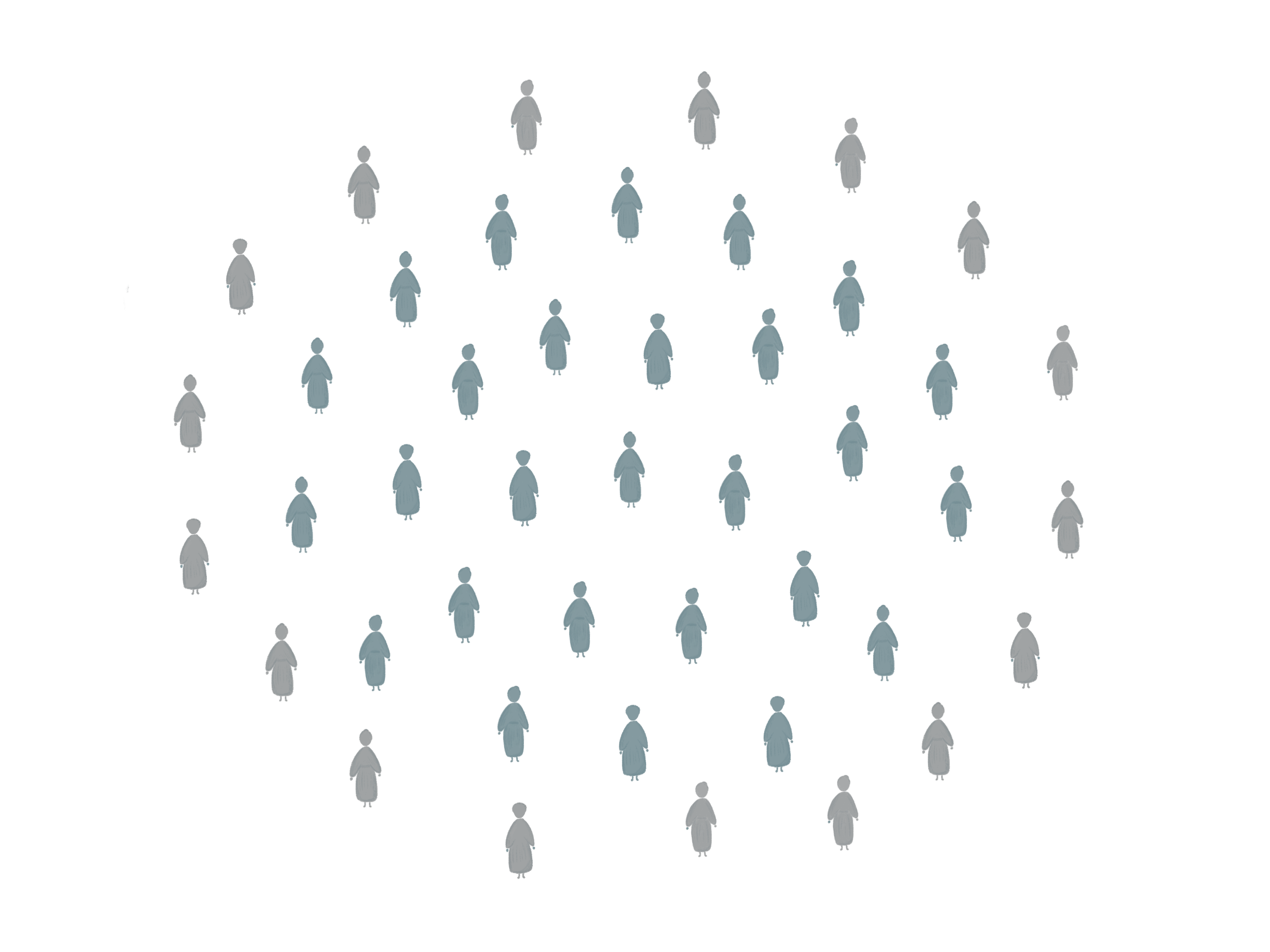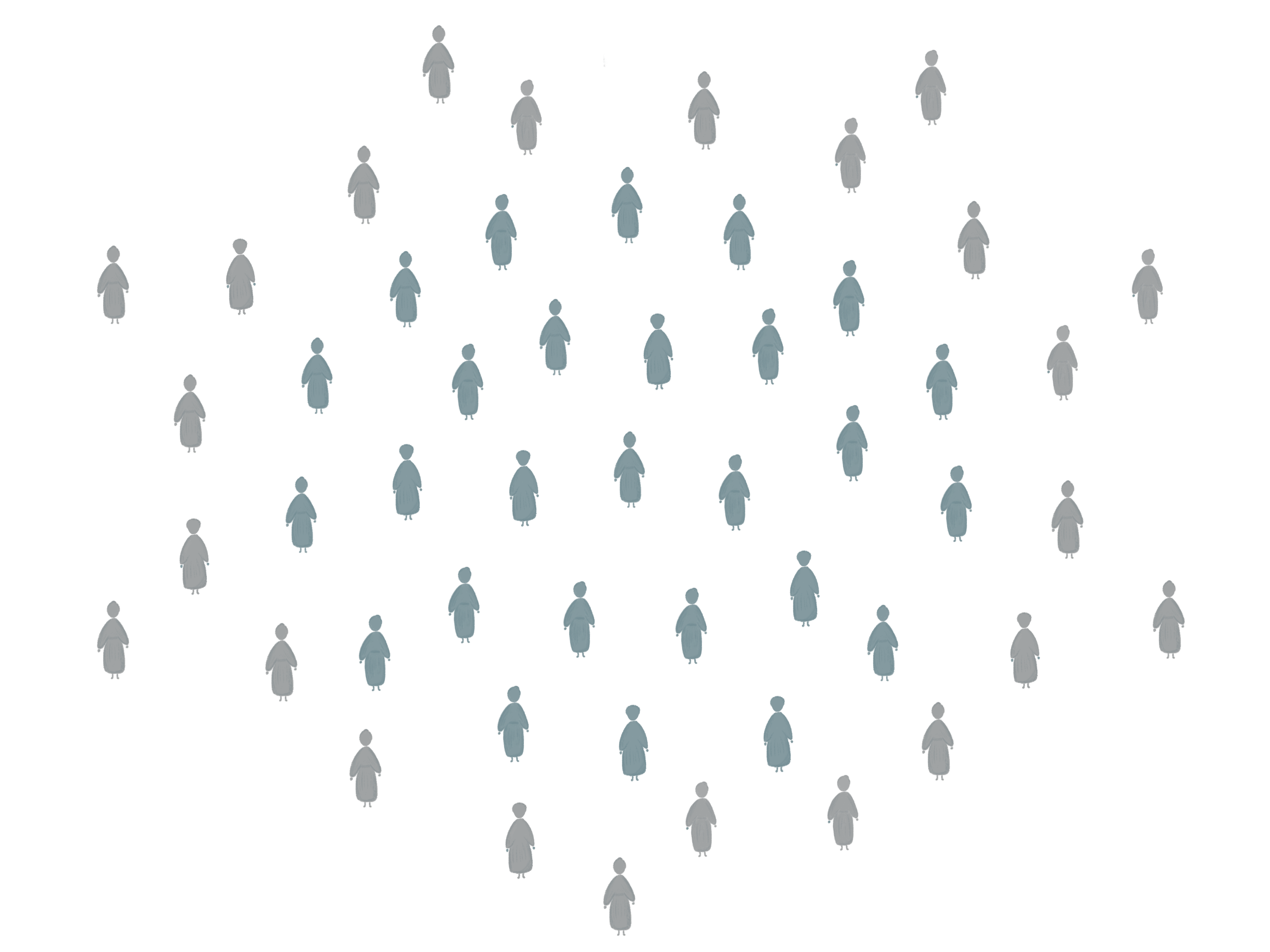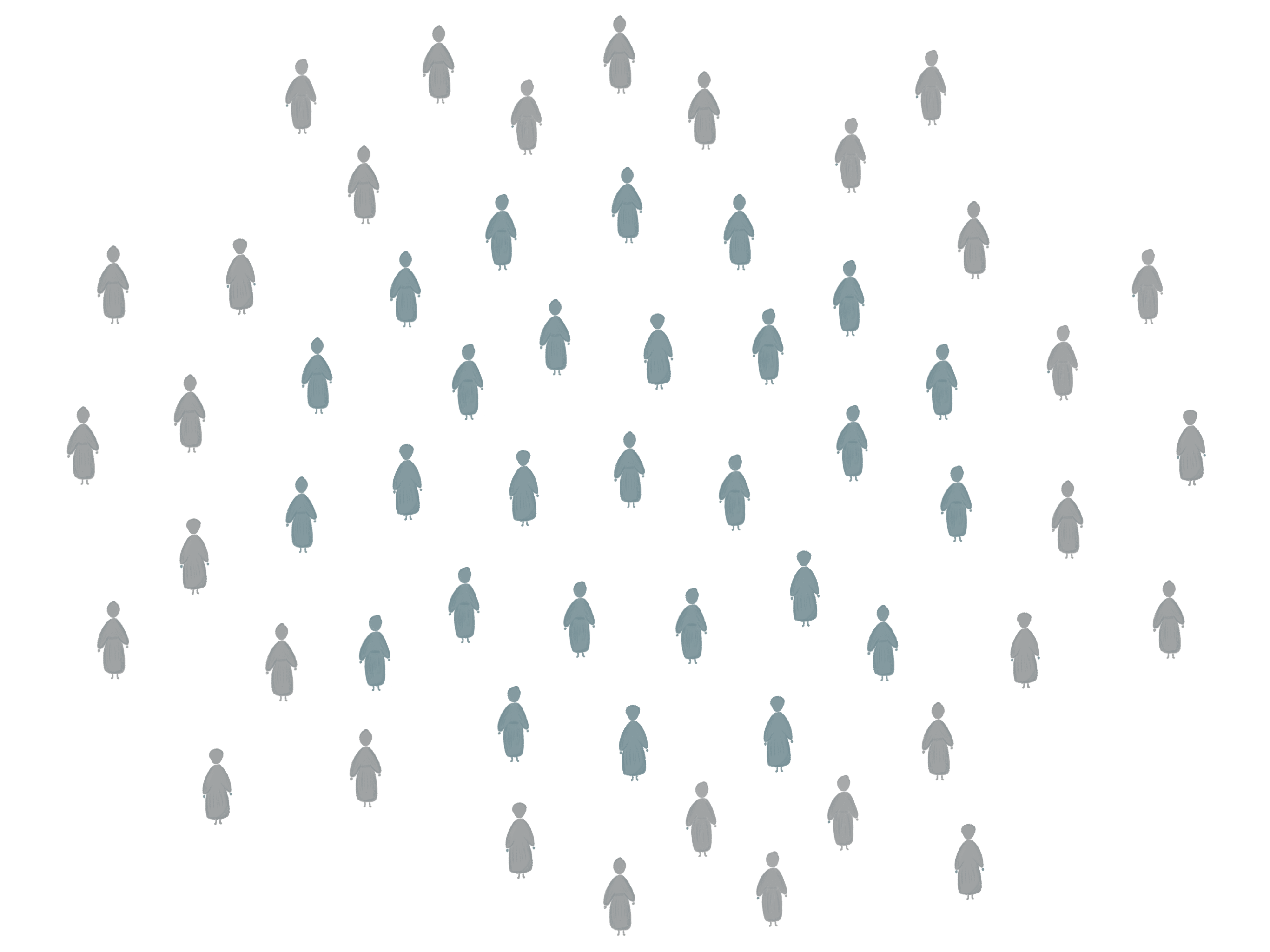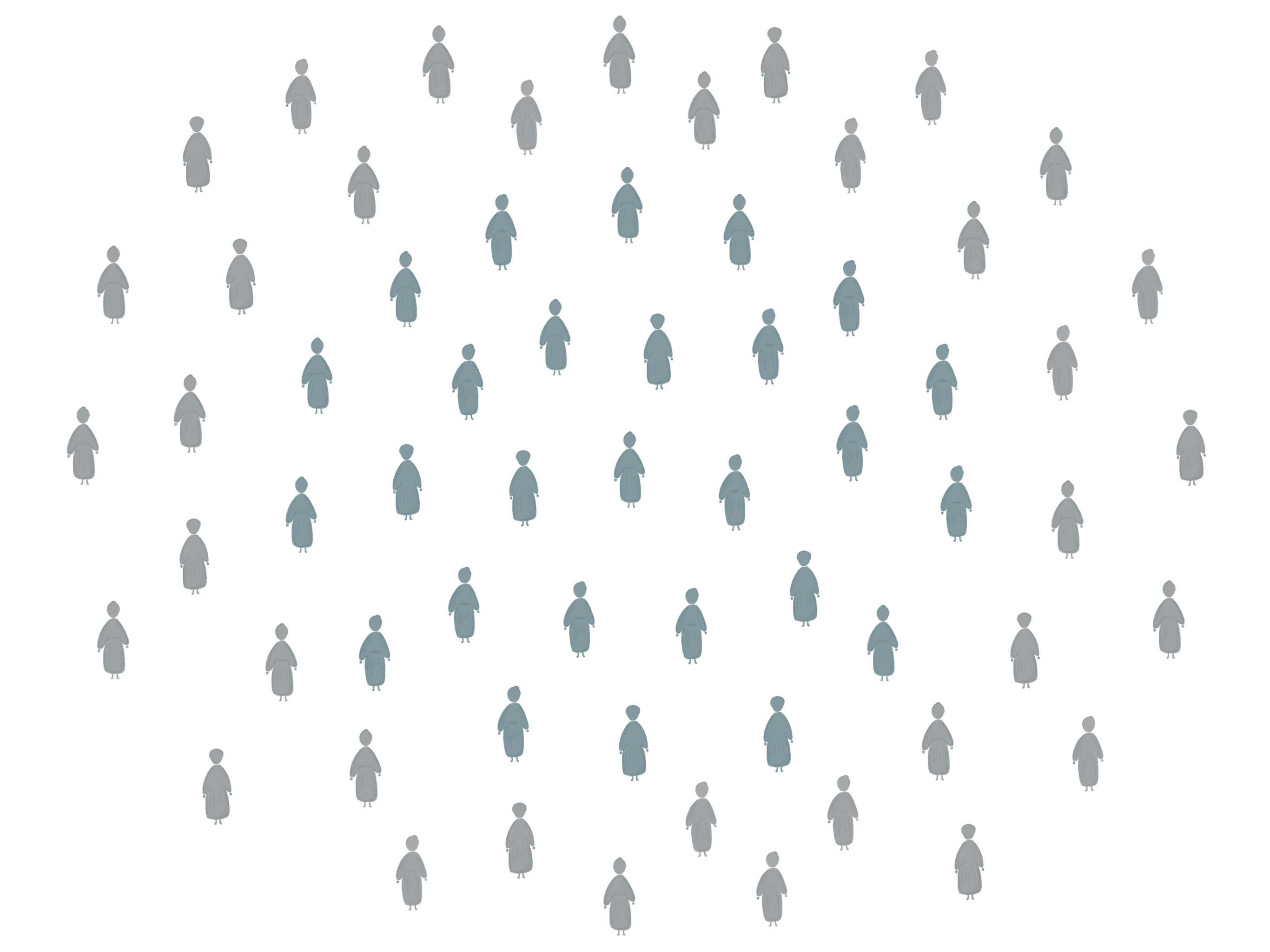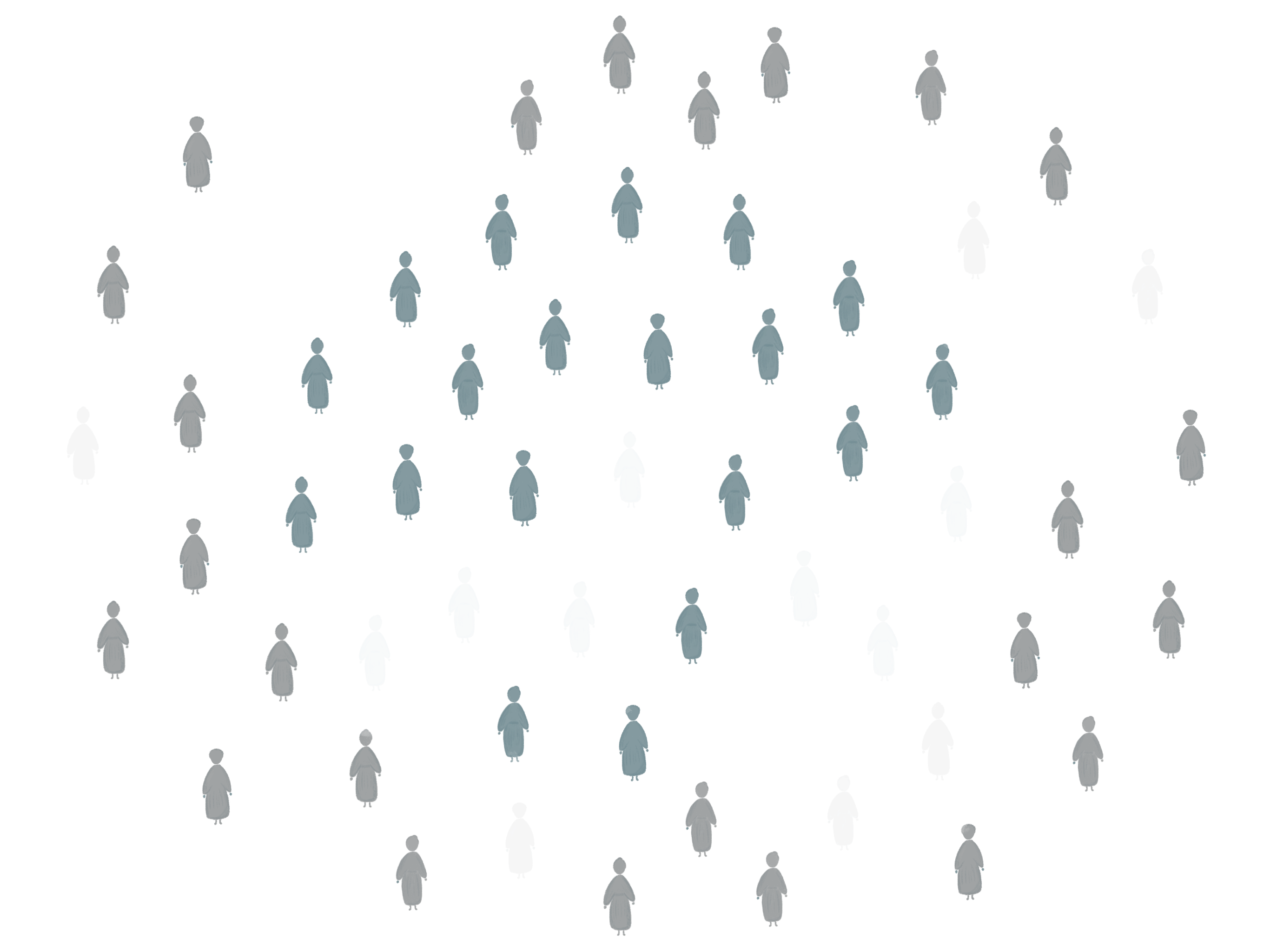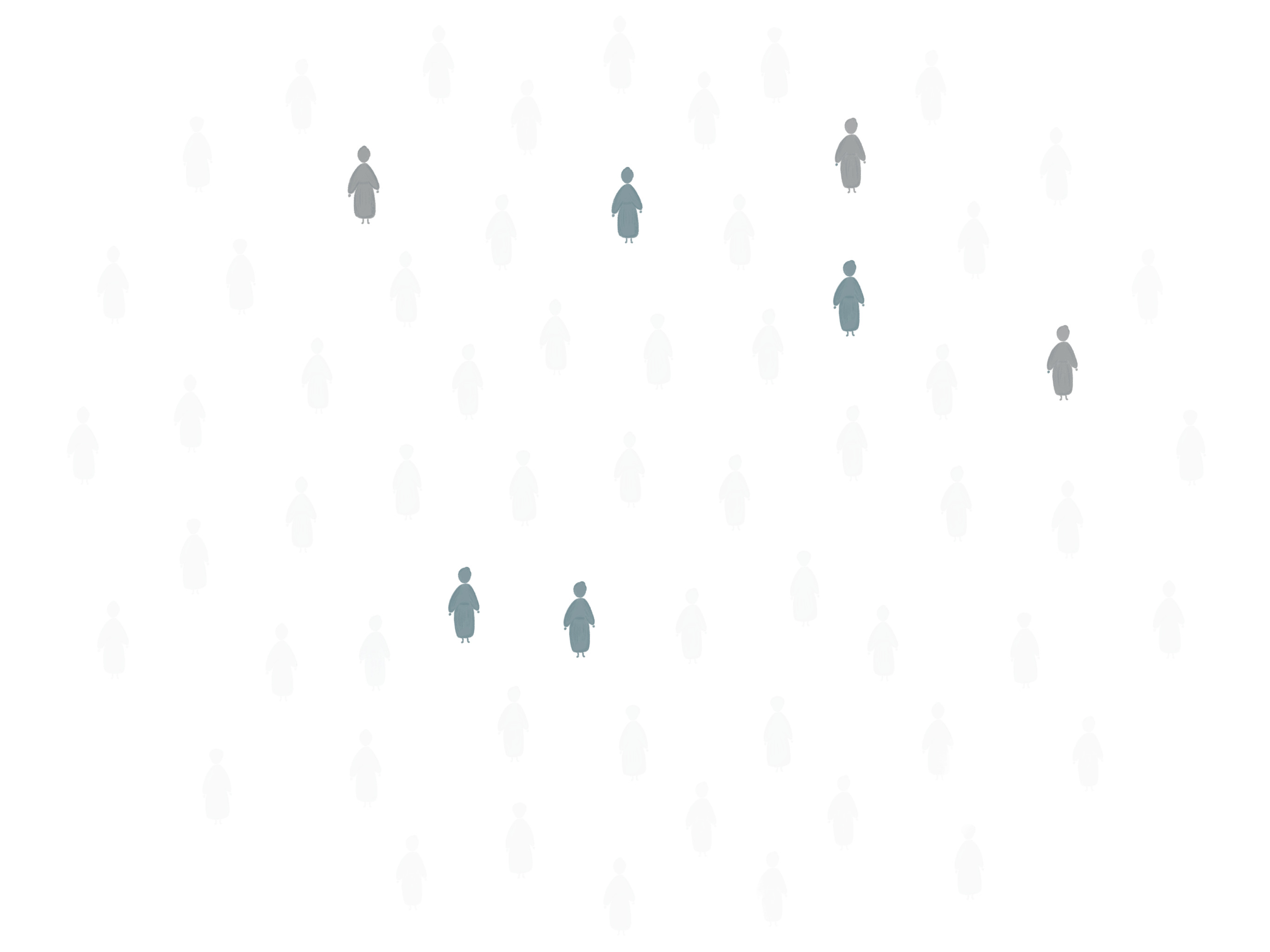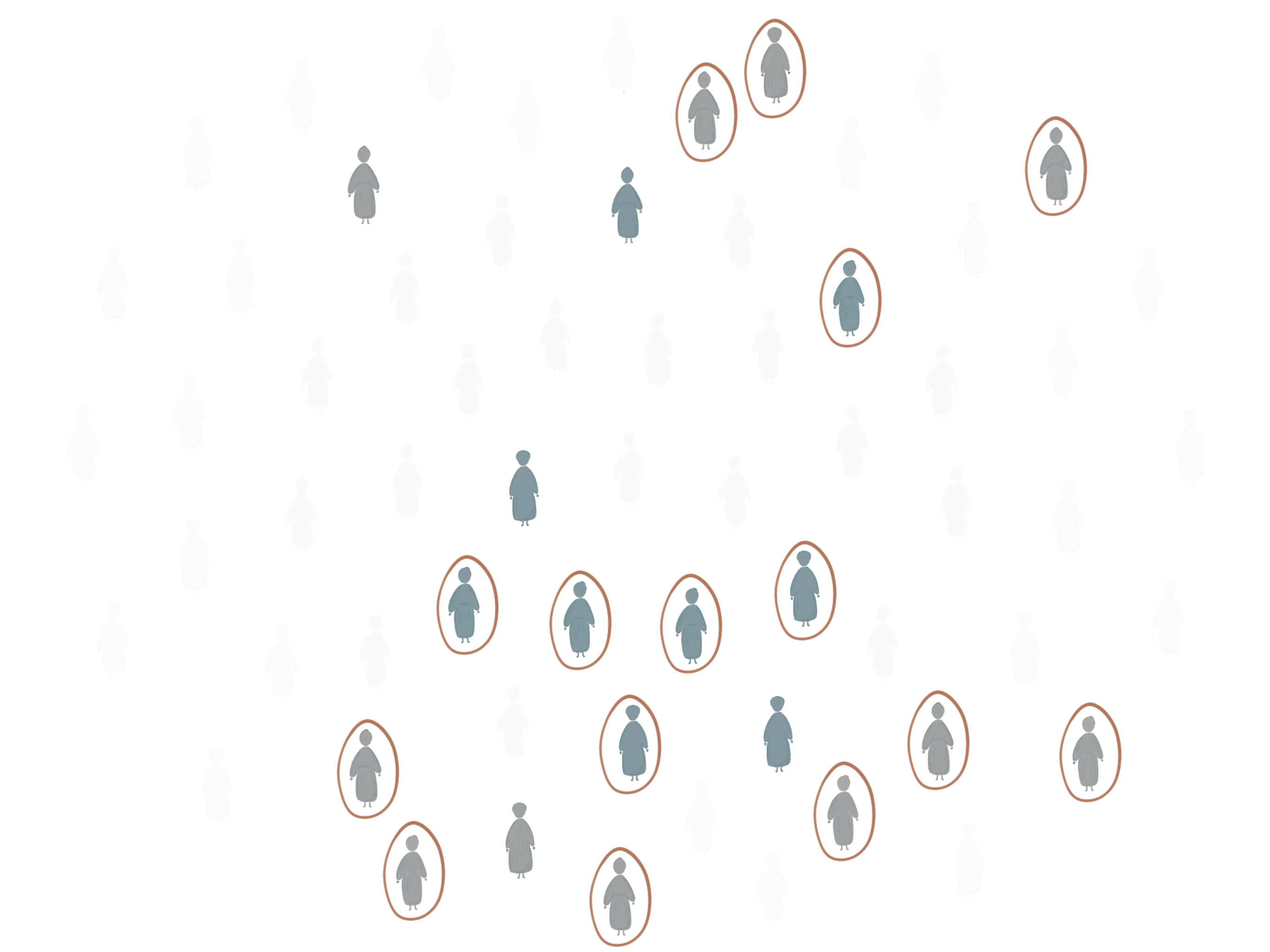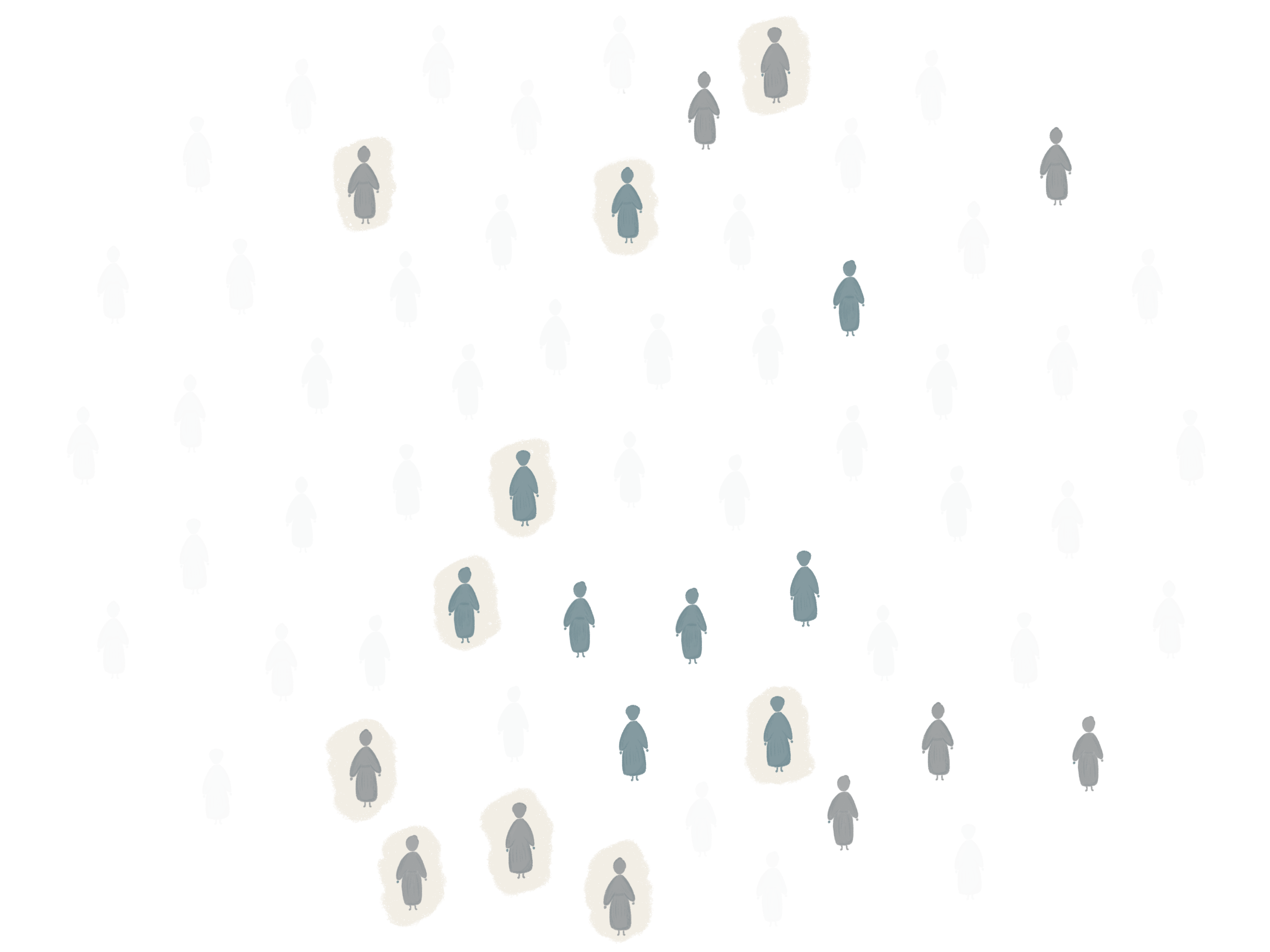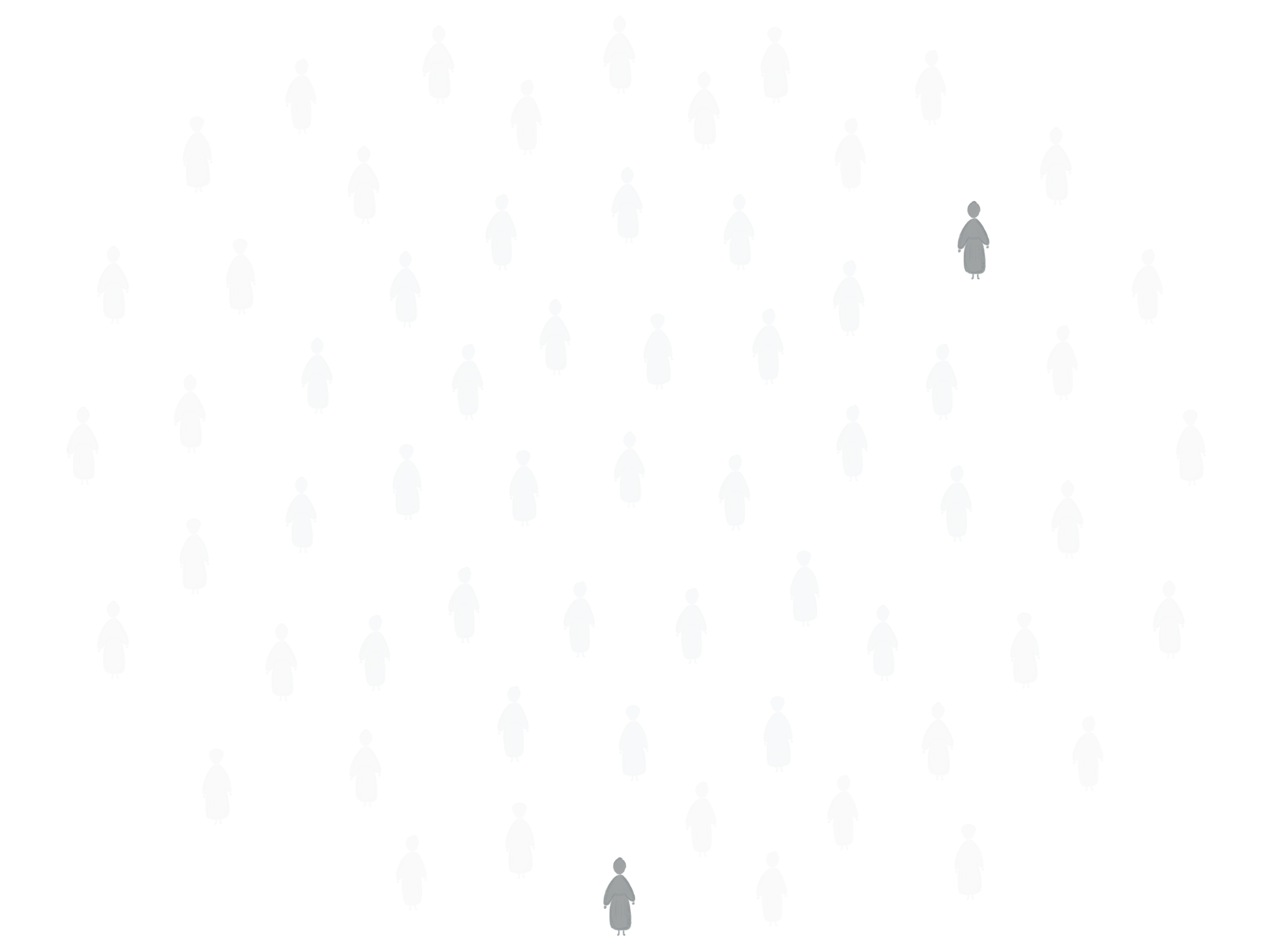Of the 63 interviewees, 27 affirmatively indicated that their arrests and/or charges originated in the context of gender-based violence.
The most common type of abuse for the 27 women was physical abuse (77%)
Followed by psychological abuse (74% of women).
37% of women also experienced financial abuse and 29% faced sexual abuse.
The majority of the 27 women experienced two or more forms of abuse.
15 of 27 women specifically stated that their charges and imprisonment were based on an act of self-defense to gender-based violence.
Of the 15 women who acted in self-defense, 13 had been subjected to a prolonged history of gender-based violence.
Pretrial Proceedings
Out of the 27 women charged in connection with gender-based violence, police arrested 20 women either immediately or within one day of the incident.
Pretrial Proceedings
10 out of the 27 women charged in connection with gender-based violence had physical injuries at the time of arrest yet the police did not request a medical exam.
Pretrial Proceedings
None of the 63 women interviewed affirmatively indicated that they had access to counsel during the investigation stage.
Pretrial Proceedings
42 women were not informed by the police of their right to counsel at arrest.
Pretrial Proceedings
54 out of 63 women interviewed indicated that they did not have access to counsel during pre-trial proceedings.
Questioned While Injured
Chimwemwe’s abuser raped her in front of her children to force her into marriage. For 3 years, he physically, emotionally, and sexually abused her.
One night, drunk, he threatened to kill her 1-year-old son with a hoe and an axe and assaulted her leg with a hoe handle. When he fell asleep, she struck him with the axe—then fled with her children.
Despite her injuries, police did not provide her with medical care and questioned her without a lawyer. That’s when she “confessed.”
Detention
57 women spent time in pretrial detention.
41 women spent more time in pre-trial detention than the custodial limit prescribed by Malawi Law for their offense.
Detention
None of these women received adequate access to psychosocial services.
Only 2 women reported getting limited care during detention.
Gave Birth Behind Bars
Charity’s husband regularly beat her. While she was pregnant, he tried to stab her in the stomach. She defended herself.
“He was going to kill me. It was either him or me.” He died.
She gave birth behind bars while awaiting trial and reported that she was not provided access to psychosocial services despite exhibiting concerns about her mental condition.
During Trial
Only 7 women out of 63 positively indicated that they were able to tell their story during trial or plea hearings.
Tried Without a Lawyer
Mphatso, a 30-year-old mother of 4 at the time of her interview, was arrested after she stabbed and injured a male sex client, Peter, with a bottle in self-defense during a physical altercation.
Without the presence of counsel at trial, she was convicted to 3 years. Mphatso says that she “[d]o[es] not understand what happened” because both she and Peter were injured, yet she was the only one in prison.
During Trial
Most women did not have access to counsel during trial or plea hearings.
Of the 20 women out of 63 who were convicted, only 5 indicated that they had access to counsel during trial or plea hearings.
During Trial
For 20 convicted women, the average sentence was 12.51 years.
Only 10 women affirmatively indicated that they knew of their right to appeal their conviction and none appealed her sentence.
